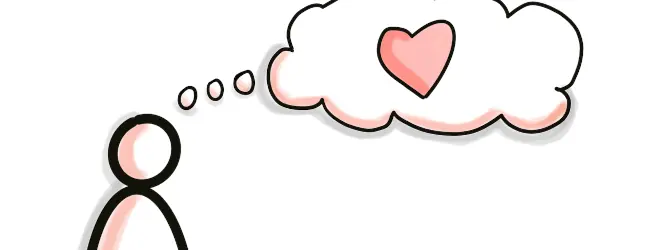I will move to my parents’ home on 15th May, so updates to this blog may be interrupted before and after that day. Now I am preparing for it.
Discarding unnecessary items made me realize that judging based on likes and dislikes is reasonable. Let’s talk about it.
How to live more rationally
Sometimes, we want to live more rationally, especially if we are exhausted from daily life. Rationality gives us solid improvements. We can let go of inefficient activities and gain efficient ones. That makes our lives easier.

However, we sometimes don’t know how we make rational judgments. That prevents our changes.
One idea is to decide based on likes and dislikes. It is a part of rationality. Today, I will explain why.
Two ways of judging
There are two ways of judging, as follows:
- Empathic approach: We do what is required without liking or disliking it. Requirements are stable. Too high or too low demands make us suffer and cause stagnation.
- Logical approach: We do it based on likes and dislikes. We focus on areas where we can certainly improve. Our preferences can be changed as we grow.
If you want to change and improve solidly, choose the latter—the logical way.
The meaning of likes and dislikes
Likes and dislikes are part of rationality. If we use them rationally, they will improve our lives. In other words, unreasonable judgment based on likes and dislikes harms us.
Likes and dislikes indicate the efficient areas where we can improve or fulfill our wants. When the things we love surround us, we become happy. On the other hand, when only unpleasant things hit us, we suffer. It is easy to understand.
The sense of liking has moderation. Consuming moderate amounts improves our lives the most.
- Liking is the ability to experience stress and calm it down moderately and safely.
- Disliking is the sense that indicates that safety is not secured or that stress is not at an appropriate level.

It means that our preferences can change dynamically. They always change, both in the short term and the long term.
For example, after relaxing, we feel like being active. However, if we do some work, we will gradually want to take a break. Logically speaking, adapting to that change creates efficiency. It allows us to manage stress to the fullest, according to our physical condition. In other words, it brings us efficient activities.
Troubles due to a lack of rational management
On the other hand, likes and dislikes without rational management hurt that person.
For example, suppose we love chocolate. We know that continuing to eat it just because we like it is bad for our health.
Usually, eating it in moderation will satisfy us at some point.
It tells us that there are other reasons for continuous eating. For example, we might want to forget about other stresses, such as disgusting jobs and human relationships.

In other words, we are avoiding facing our biggest dislikes. That causes physical and mental health problems.
That is the state where there is no management of likes and dislikes. It is unreasonable and inefficient to ignore the big dislikes and only chase after things we superficially like.
That tells us why likes and dislikes require rationality. It prevents harmful compensatory behaviors. In addition, it provides us with growth and improvements. One example of a benefit is curiosity.
Conclusion
That is why deciding based on likes and dislikes gives us solid improvements.
Likes and dislikes are part of rationality.
Rational management allows us to use them to improve our lives.
This logic might help you change your life.
Thank you for reading this article. I hope to see you in the next one.


